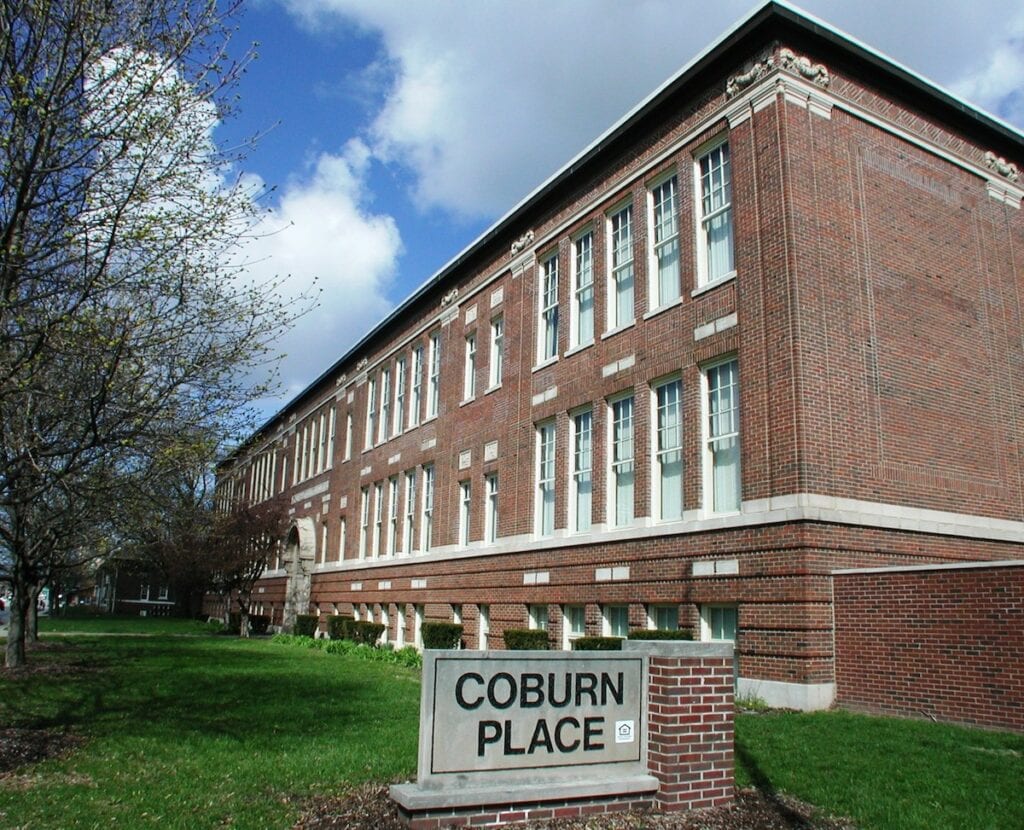Not all domestic violence results in a bruise or broken bone. While most people are cognizant of physical forms of domestic violence, such as striking or hitting, other less notable forms of domestic violence and abuse deserve attention.
Indiana Coalition Against Domestic Violence Homicide Reduction Strategies Coordinator Caryn Burton shared their perspective on lesser-known forms of domestic violence.
“I would classify almost any form of non-physical violence not necessarily as ‘lesser known’, but more so lesser recognized or lesser identified,” Burton said. “The overall classifications of these forms of violence are psychological, emotional, spiritual, and financial. One of the most pervasive myths or misconceptions about intimate partner violence is that if it is not physical or sexual violence, then it’s not abusive. That is a misconception that we battle with everyone from the general public to the criminal justice system to survivors themselves.”
The United Nations defines domestic violence (also referred to as domestic abuse) as “a pattern of coercive behavior used to gain or maintain power and control over an intimate partner.” This can include physical, sexual, emotional and financial abuse.
“Everything from name-calling, shaming, gaslighting, isolating a partner from friends or family, using a partner’s faith against them, controlling the [other’s] access to money, interfering with their access to medical care, credit theft or credit fraud, threats and coercion involving children,” Burton said. “The list goes on and on. All of those things are forms of violence.”
According to the Domestic Violence Network (DVN), “40.4% of women and 26.8% of men experience intimate partner physical violence, intimate partner sexual violence, and/or intimate partner stalking in their lifetime.” (2022) While most people are familiar with physical and sexual abuse, other types of domestic violence and abuse often go unrecognized.
Social media abuse involves using social media platforms such as Facebook or Twitter (“X”) to harass, intimidate and control a partner. This can include posting negative comments, sending threatening messages and monitoring a partner’s online activity. In extreme cases, it can even involve creating fake profiles to harass or stalk a partner.

Coburn Place Safe Haven, commonly known as “Coburn Place,” is one of Indiana’s largest and most comprehensive providers of transitional housing and supportive services for survivors of domestic violence. Coburn Place Resident Care Coordinator Annie Sholty spoke about the impact technology and social media can have on domestic violence and abuse.
“With the use of AI and other technology to alter things like photos, videos, recordings, and text conversations, it becomes increasingly difficult to prove the victim did not actually say or do what is being depicted,” Sholty said. “This affects survivors who are trying to obtain legal justice or a protective order.”
This type of domestic violence can have long-lasting effects on a person’s mental, social and professional wellbeing.
Financial abuse is happening at a high rate, but it is also often overlooked. This form of abuse involves using money as a tool for control and manipulation. It can include withholding money, restricting access to bank accounts and forcing a partner to work for little or no pay. This can leave a partner feeling trapped and dependent on their abuser.
“Probably the most common – and statistics back that up – is financial abuse; preventing the survivor from accessing sufficient or even any money not under the partner’s control,” Burton said. “This ranges from not allowing the survivor to work or interfering with their ability to work, forcing the survivor to turn over their paycheck, not contributing financially to the household but freely spending money they may not have, intentionally damaging the survivor’s credit to keep them trapped in the relationship. The specific behaviors go on and on.”
Knowledge and prevention go a long way toward reducing domestic violence, said Sholty.
“Better education for victims and survivors, especially regarding the cycle of abuse and how it can often become generational for their children, would help prevent domestic violence – including its lesser-known forms.”
If you or someone you know is a victim of domestic violence, please reach out for help using the resources below:
Coburn Place Safe Haven: 317-923-5750
Indiana Coalition Against Domestic Violence: 317-917-3685
National Center for Victims of Crime: 202-467-8700
National Domestic Violence Hotline: 800-799-7233
National Resource Center on Domestic Violence: 800-537-2238
This article was composed by multi-media staff writer Noral Parham III. Follow him on Twitter @3Noral. For more news courtesy of the Indianapolis Recorder, click here. You can also visit the Indiana Minority Business Magazine by clicking here.
Noral Parham is the multi-media & senior sports reporter for the Indianapolis Recorder, one of the oldest Black publications in the country. Parham has worked with various leagues to provide a diverse perspective in sports, including the Big Ten, Big East, IHSAA, IndyCar, MLB, NHRA, NFL, NBA, WNBA, WWE and the Olympics. Prior to joining the Recorder, Parham served as the community advocate of the MLK Center in Indianapolis and senior copywriter for an e-commerce and marketing firm in Denver.










